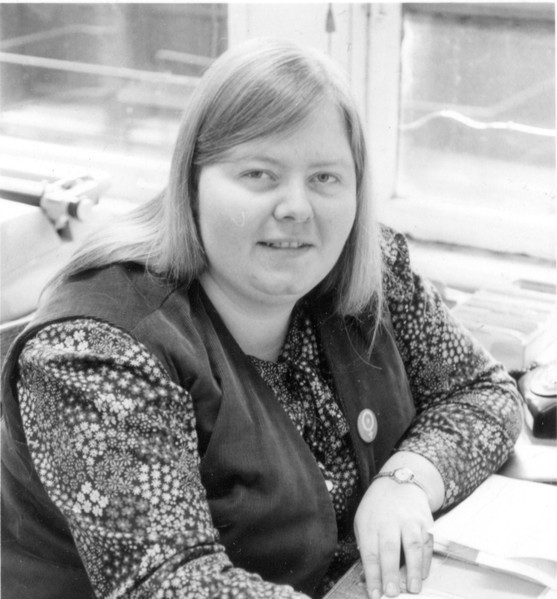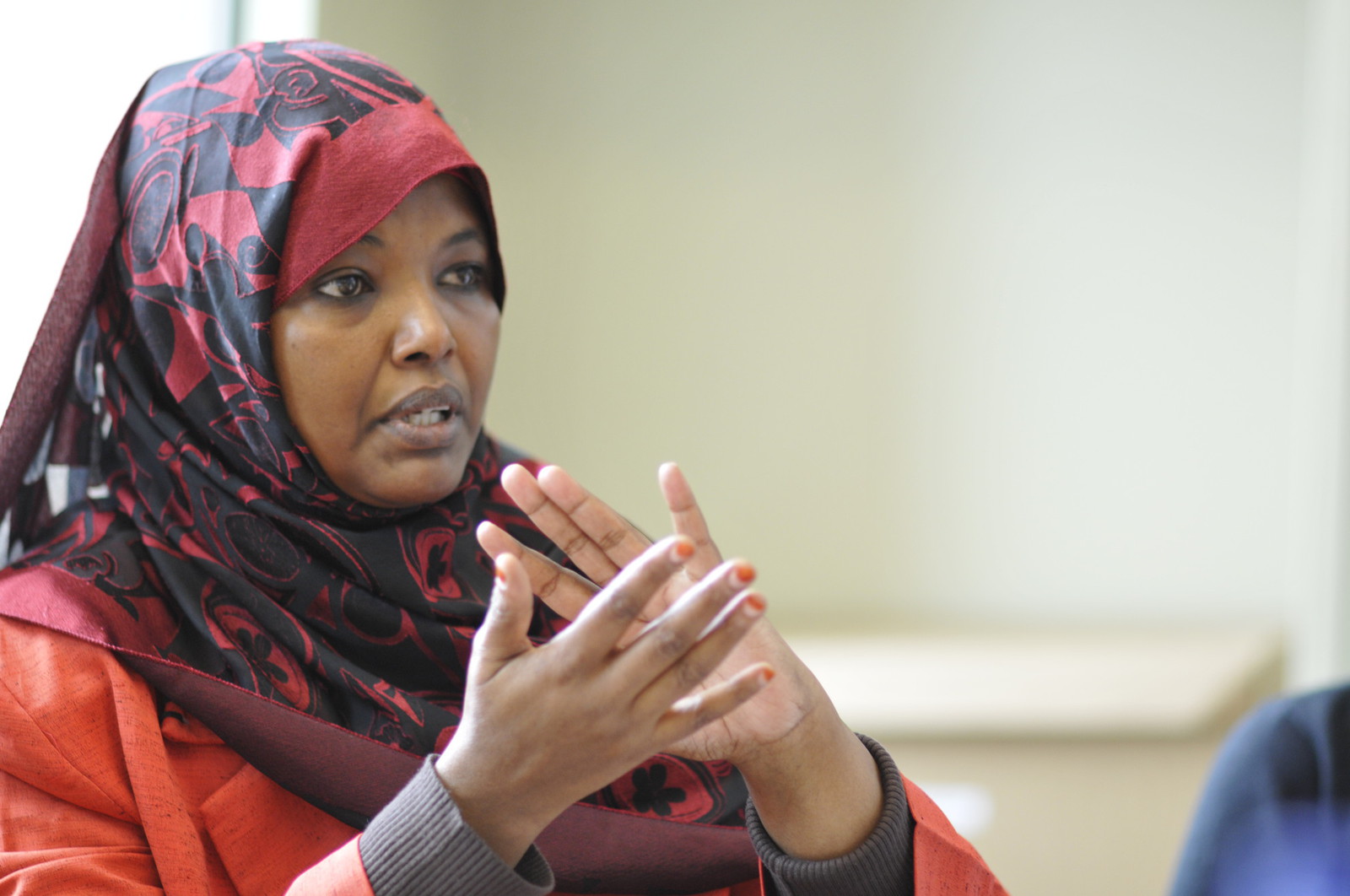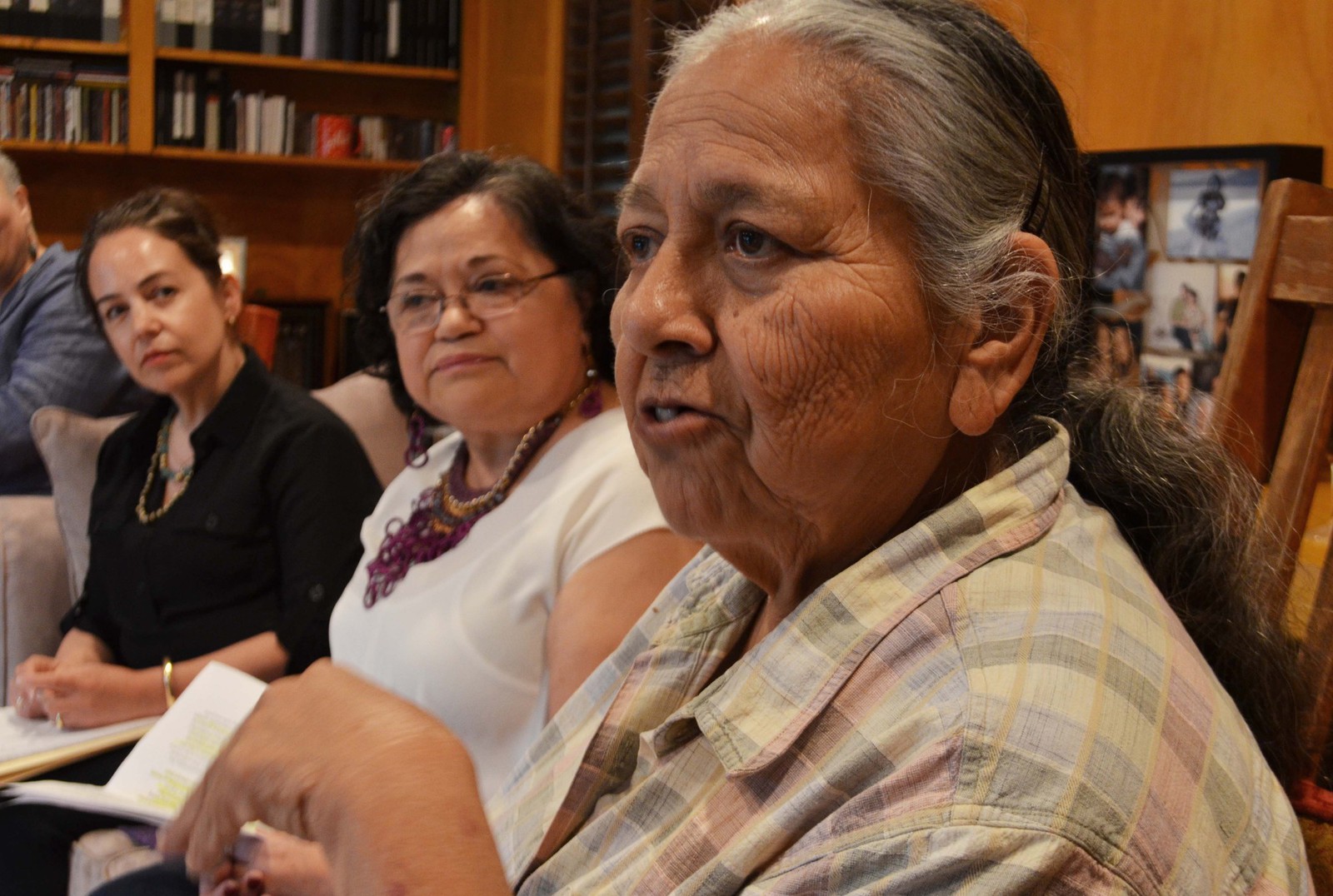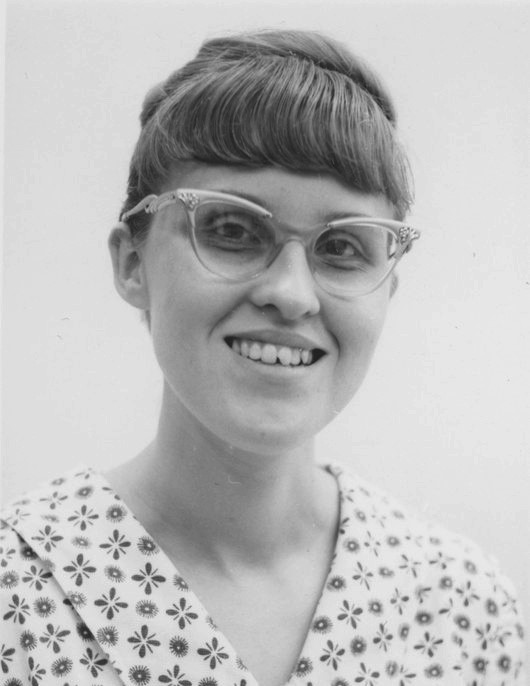
Photo: AFSC Archives
Crystal Bird Fauset, 1894-1965
In the 1920s, AFSC hired Crystal Bird, a young Black woman, to speak around the U.S. on racial equality. Born in Princess Anne, Maryland, Crystal started her career as a teacher in Philadelphia public schools from 1914 to 1918. She later worked for the YWCA and obtained her Master of Education degree at Columbia University.
As an AFSC staff member, Crystal traveled up and down the East Coast, speaking to tens of thousands of people on race and equality. She engaged mostly white, privileged audiences on a topic that many chose not to see.
Crystal's work with AFSC brought awareness to issues of racial justice and called for justice for all. This first effort to bridge the racial divide was followed by decades of work to stop lynching, integrate public schools, and foster equity in jobs and housing.
In 1938, Crystal ran for the Pennsylvania State House of Representatives. She won, becoming the first Black woman elected to a state legislature in the United States.

Photo: AFSC Archives
Saralee Hamilton, 1945-2006
Saralee Hamilton spent most of her adult life working for women's rights. She was raised by her mother in Glasgow, Pennsylvania, a coal-mining and farming region, before moving to Philadelphia in 1968.
In 1975, Saralee joined AFSC as the director of the new Nationwide Women’s Program (NWP), focused on the needs, concerns, and rights of women. Her dynamic leadership positioned the AFSC at the forefront of national and international women’s issues from the 1970s to the early 2000s.
The National Women’s Program lobbied for passage of the Equal Rights Amendment, supported feminist work across the country, and advocated for women’s access to safe and legal abortions. In 1971, AFSC joined with other faith-based organizations in an amicus brief before the Supreme Court in the case of Roe v. Wade. In 1979, the NWP also planned an Abortion Rights Action Week, which featured over 200 coordinated local events in support of reproductive freedom.
The NWP also took on feminist issues within AFSC, campaigning for equity and support for women and people of color in the workplace.

Dekha Ibrahim Abdi, 1964-2011
Dekha Ibrahim Abdi was born in 1964, in Wajir, Kenya, near the Somalia border. As a schoolgirl, Dekha brought classmates together across religious and ethnic lines. Throughout her life, she would continue to support and advocate for peacebuilding across divides.
In the early 1990s, conflict between clans led to the deaths of over 1,500 people in Wajir, where Dekha was the head teacher at a local school. Dekha worked with women from other clans to start a grassroots peace initiative. This initiative brought together members of the conflicting clans, achieved a peace agreement, and made sure it was sustained.
Over the next 15 years, Dekha brought lessons on peace and conflict transformation to people around the world. Dekha served as senior advisor for AFSC’s Somalia Peace Program from 2008 until her death in 2011.
Her life and work have had an incalculable impact on facilitating peace in communities around the world, from the U.N. to resettled Somali refugees in the U.S.

Photo: Eduardo Stanley
Graciela Martinez, 1945-2020
For more than 50 years, Graciela Martinez supported efforts to uphold the rights and dignity of farmworkers. As a girl, Graciela spent summers as a farmworker alongside her mother.
When she graduated from high school in 1964, she joined Proyecto Campesino, also known as the Farm Labor Committee. Proyecto Campesino was an AFSC program from 1955 to 2015, providing support to farmworkers advocating for better work and living conditions.
Graciela helped establish AFSC’s Self-Help Housing Program as an independent organization. This program worked with low-income farmers to support them in developing a sense of community and constructing their own homes. At that time, AFSC was also supporting the struggle to establish the United Farm Workers (UFW). In 1965, Graciela went to work for the UFW, providing administrative support to the legal department and Cesar Chavez.
In 1997, Graciela returned to Proyecto Campesino. She assisted with a task force focused on relief efforts for farmworkers left jobless by a devastating freeze that year. AFSC worked to make sure that undocumented farmworkers were covered by relief efforts.
In 2001, Graciela became the program’s first female director. In that role, she led local efforts to support AFSC’s nationwide No Human Being Is Illegal campaign, which pushed for comprehensive immigration reform. Graciela passed away in 2020, at the age of 75.

Photo: AFSC Archives
Marjorie Nelson, 1941-2022
Marjorie Nelson was born in Indiana to Quaker parents. She attended Earlham College and in 1965 earned a Doctor of Medicine degree from Indiana University. During her residency, Marjorie served at Philadelphia General Hospital, Pennsylvania Hospital, the Center for Disease Control, and on a hospital ship in Guinea and Sierra Leone.
Marjorie worked at the AFSC clinic in Quang Ngai, Vietnam during the war. The facility provided physical therapy and prosthetics to people in the community, as well as day care for refugee children.
In January of 1968, while visiting her friend Sandra, both young women were caught in the U.S. bombing of Hanoi. They were taken prisoner by Vietnamese soldiers.
On March 31, the two women were released, after surviving several days’ journey through the jungle. But Marjorie pushed back on typical U.S. media narratives around this experience, saying “Almost everyone I met has been both kind and friendly to me.” Marjorie called out U.S. government policy in Vietnam and condemned the brutality of war. Her accounts reminded U.S. audiences of the importance of recognizing the humanity in all people, even in times of conflict.
